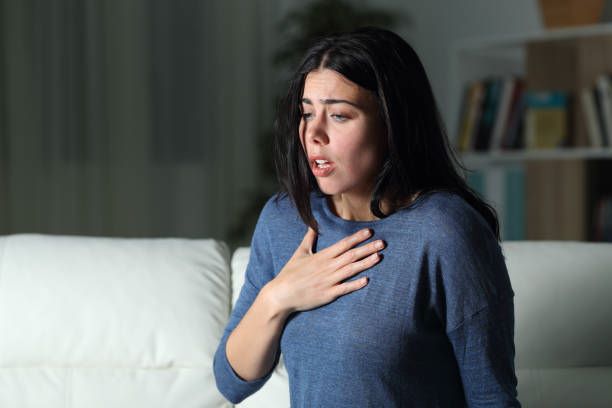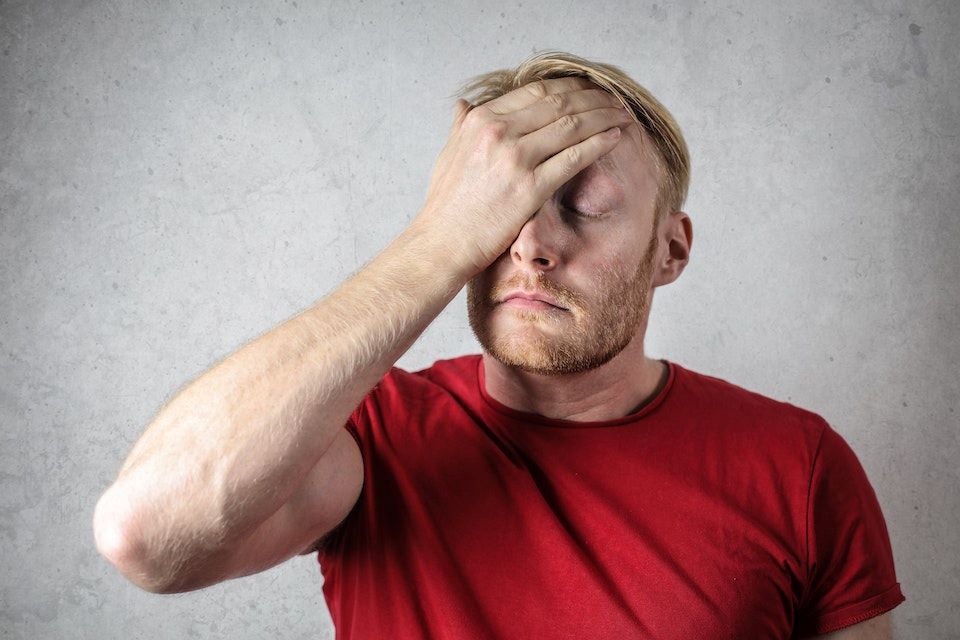Our clinic offers specialized outpatient treatment for anxiety disorders. Regain control and find peace with our expert care.
At our outpatient psychiatric clinic, we recognize the impact that anxiety disorders may have on people’s lives. That is why we provide thorough and tailored treatment regimens to assist our patients in managing their symptoms and achieving greater mental health and general well-being.
Our trained mental health specialists include psychiatrists, psychologists, and certified therapists who specialize in treating anxiety problems. We provide a variety of evidence-based therapies, including medication management, psychotherapy, and cognitive-behavioral therapy (CBT).
We think that every patient deserves tailored care that addresses their specific requirements and concerns. Our treatment regimens are personalized to each patient, taking into account their medical history, present symptoms, and personal preferences. We work closely with our patients to ensure they are comfortable and supported throughout their treatment journey.
At our clinic, we are dedicated to offering high-quality, accessible, and inexpensive mental health care to anyone suffering from anxiety disorders. We think that with the correct treatment and support, our patients may achieve better mental health and general well-being. Contact us today to learn more about our services and schedule an appointment.


Can anxiety disorder be managed without using benzodiazepine?
Although benzodiazepines can help with anxiety symptoms in the short term, they are not generally suggested as a long-term treatment for anxiety disorders. This is due to the fact that they can become habit-forming, leading to tolerance and reliance over time. Furthermore, benzodiazepines can produce sleepiness, disorientation, and poor coordination, which can be harmful, particularly when driving or using machinery. As a result, various therapies for anxiety disorders, such as therapy, lifestyle changes, and alternative drugs, are frequently recommended. To establish the best course of action for anxiety management, it is critical to review all therapy choices with a healthcare expert.
Self-care tips for managing anxiety.
| Self-Care Tip | Explanation |
|---|---|
| Practice deep breathing | Slow, deep breathing can assist to relax the body and alleviate anxiety symptoms. Count to four with each inhale and exhale as you take deep breaths in through your nose and out through your mouth. |
| Challenge anxious thoughts | Anxious thoughts are frequently unreasonable or exaggerated. Challenge them by asking yourself if they are founded on facts or assumptions, and whether they are beneficial or detrimental. Try to recast your nervous thoughts into more optimistic and realistic ones. |
| Stay present at the moment | Anxiety is frequently caused by concerns about the future or regrets about the past. Use mindfulness techniques to help you stay in the present moment and lessen anxiety symptoms. Concentrate on your breathing or do something that requires your whole focus, such as drawing or cooking. |
| Get enough sleep | Sleep deprivation can exacerbate anxiety symptoms, so aim for 7-9 hours of sleep per night. Establish a calming bedtime routine, such as taking a warm bath or reading a book, to help you wind down and sleep better. |
| Reduce caffeine intake | Caffeine can exacerbate anxiety symptoms, so limit your consumption of coffee, tea, and other caffeinated beverages. If you can’t give up coffee completely, try switching to decaf or gradually decreasing your intake. |
| Exercise regularly | Regular exercise has been demonstrated to increase mood and minimize anxiety symptoms. Aim for 30 minutes of moderate-intensity exercise on most days of the week. |
| Practice relaxation techniques | Deep breathing, meditation, progressive muscle relaxation, and other relaxation techniques can all assist to alleviate anxiety symptoms. Make a point of practicing one or more of these strategies every day. |
| Seek professional help | If you’re experiencing anxiety, don’t be afraid to seek professional assistance. A mental health specialist can assist you in developing a treatment plan that is specific to your requirements. They can also teach you coping methods and tactics to help you control your anxiety symptoms. |
| Avoid alcohol and drugs | Substance abuse can exacerbate anxiety symptoms and interfere with treatment. Alcohol and drugs should be avoided or used in moderation. |
| Get organized | Being unorganized can exacerbate anxiety symptoms, so strive to keep your living and working environments tidy and orderly. To remain on top of your schedule and avoid stress, use a planner or digital tools. |
| Engage in enjoyable activities | Schedule time for activities that you enjoy and that offer you delight. Reading, gardening, painting, or playing an instrument are all examples of activities that can help increase your mood and minimize anxiety symptoms. |
Remember that self-care is an ongoing process, so figure out what works best for you. Don’t be hesitant to try out different self-care tactics until you find the ones that work best for you. Remember to put your mental health and well-being first.
NOTE: If you or someone you know is experiencing a mental health crisis, please don’t use our services; rather, call 911 or 988 or visit your local emergency room for help. For a list of other resources, click here. For information on Suicide & Crisis Lifeline, click here.

